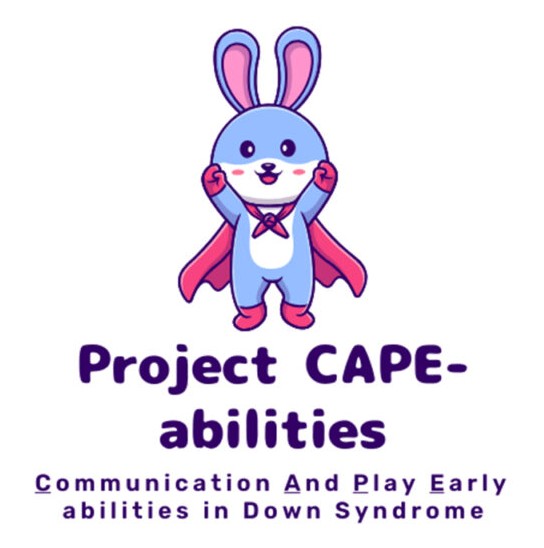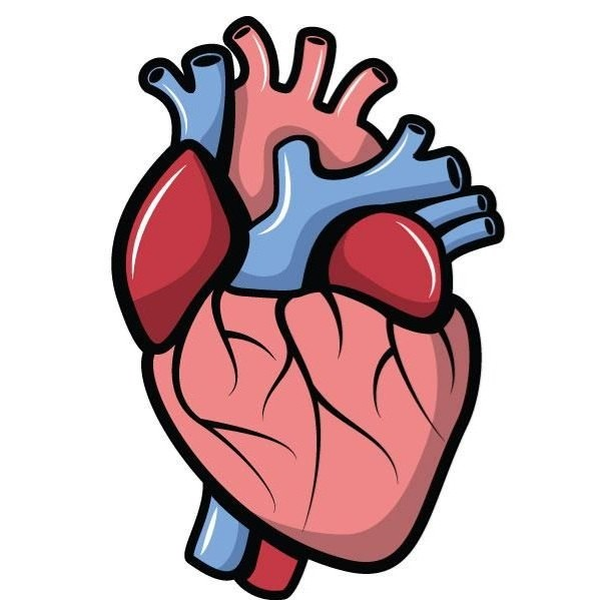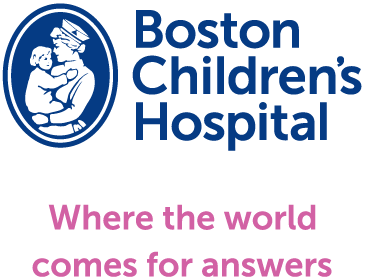Dr. William Barbaresi, MD, is a principal investigator and chief of the DDM. Dr. Barbaresi’s research focuses on population-based studies of developmental disorders. His research group has published the most comprehensive information to date on associations between treatment of childhood ADHD and long-term outcomes. They also published the first long-term study of the changing incidence of autism in the US.
- Dr. Barbaresi is the PI of the multi-site, structured data initiative: Project STANDARD. Learn more here.
- Dr. Barbaresi sits as the current president for the Society of Developmental Behavioral Pediatrics and is key collaborator with the DBPNet
- and Clinical Research Institute for Developmental Medicine at Johannes Kepler University Linz.
- Check out Dr. Barbaresi’s latest work! Journal of Developmental & Behavioral Pediatrics






